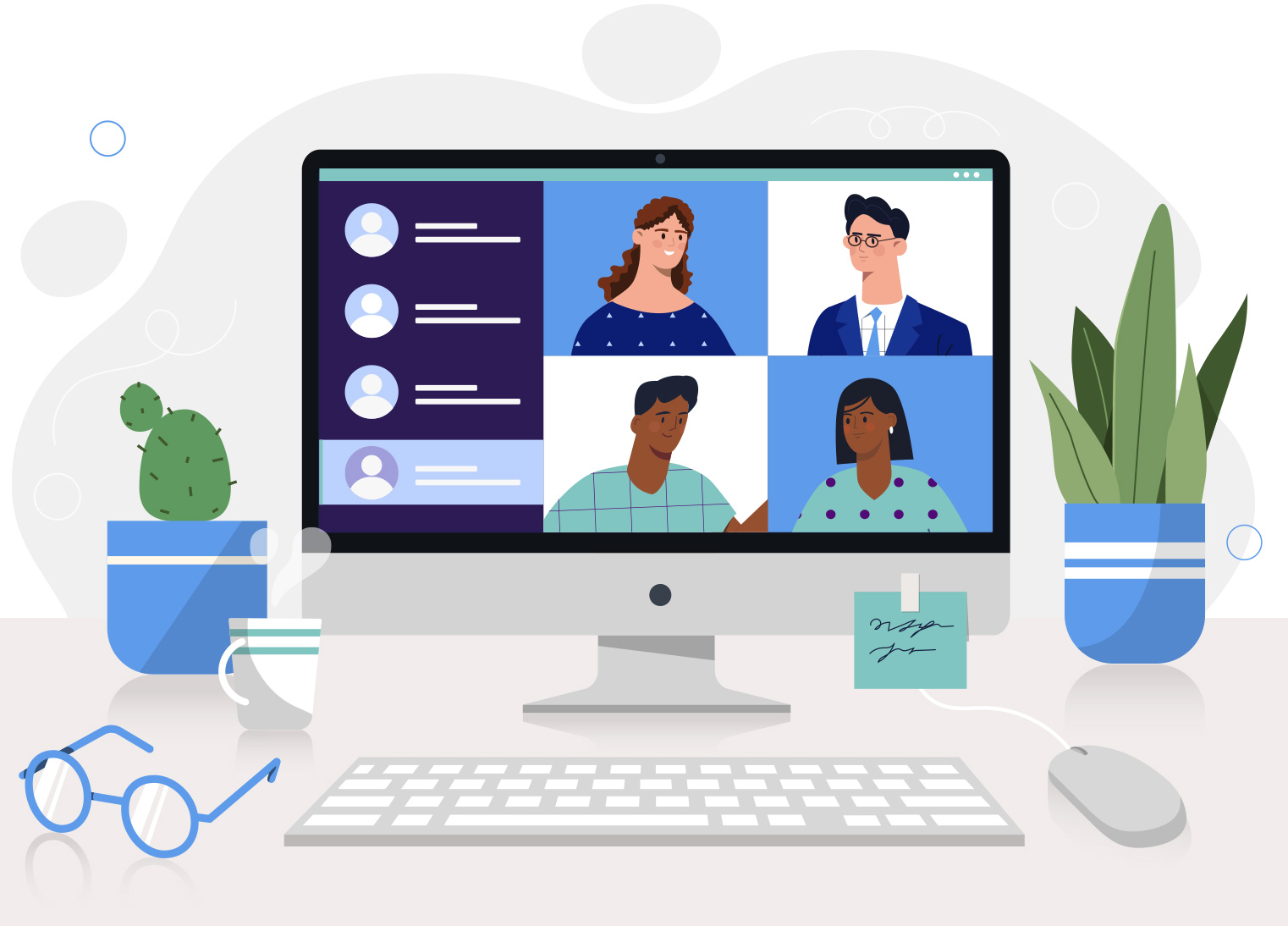

Communication has changed a lot in recent years. Technology now plays a major role in how we interact with one another: whether it’s through email, video calls, text messages, or chat apps. While these tools have made it easier and faster to stay connected, they’ve also added a few new challenges when it comes to making sure we’re understood, especially in the workplace.
The shift to digital communication
For many of us, digital communication has become the default. We can message someone instantly, jump into a virtual meeting with the click of a button, or send out a group email to keep everyone updated. These tools help us stay organized and make it easier to work from anywhere. But relying on digital platforms also means we need to think more carefully about how we come across. Without body language or tone of voice, it’s easier for messages to be misunderstood or taken the wrong way.
Why strong communication skills matter
Whether you're applying for a job, checking in with your team, or just trying to stay in touch, clear communication is essential. It’s not just about what you say—it’s how you say it. In a digital world, tone, timing, and word choice all play a big part in making sure your message is received the way you intended. When communication breaks down, it can lead to confusion, missed opportunities, or even damaged relationships. That’s why building strong communication skills is so important…not just in the workplace, but in everyday life.
Keeping it professional online
There’s no doubt that digital communication can feel more casual, but that doesn’t mean professionalism goes out the window. Whether you're writing an email or chatting on a messaging app, it’s important to be respectful and thoughtful. Small things like using a greeting, proofreading your message, or staying present during a video call can go a long way in showing that you value the conversation. Digital etiquette might look a bit different, but it’s still rooted in the same principles: respect, clarity, and consideration for others.
Listening matters…especially online
One of the biggest challenges in digital conversations is staying engaged. It’s easy to get distracted when your phone is buzzing or you’re trying to multitask during a meeting. But active listening is just as important online as it is in person. Giving your full attention, asking follow-up questions, and confirming what you’ve heard helps make sure everyone is on the same page. It also shows that you care about what others have to say, which helps build stronger connections.
Finding the right balance
As helpful as technology can be, there are times when a message is better delivered in person, or at least over the phone. Sometimes, a face-to-face conversation is the best way to build trust, solve a problem, or show that you’re truly listening. Knowing when to switch from a digital message to a real conversation is an important part of good communication. It’s not always about convenience. It’s about what the moment calls for.
Moving forward with confidence
New tools like AI, chatbots, and online collaboration platforms are becoming more common, and they’re changing the way we communicate once again. The key is to stay open to learning, ask questions when needed, and keep improving your digital communication skills. Being comfortable with technology is important but so is staying human in the way we connect.
Communication is more than just words. It’s about understanding, connection, and
respect. As the world becomes more digital, let’s keep those values at the centre of how
we communicate…
With each other, in the workplace, and in our community.
Our annual report shows our success over the last calendar year.